Traditional Chinese medicine liquor has a history of thousands of years in China. Medicinal liquor not only has the effect of health preservation, but also can prevent and treat diseases. However, the brewing of medicinal liquor also depends on regional differences. Northern China is mostly cold, southern China is mostly hot, western China is mostly dry, and eastern China is mostly humid. It is necessary to adapt to local conditions in order to achieve the best results.
Dry Western China: Focus on Nourishing Qi and Moistening Yin
Western China includes the five southwestern provinces (Sichuan, Yunnan, Guizhou, Tibet, Chongqing), the five northwestern provinces (Shaanxi, Gansu, Qinghai, Xinjiang, Ningxia), as well as Inner Mongolia and Guangxi. The southwestern region has abundant water resources, while the northwestern region is water-deficient and has lower temperatures.
Traditional Chinese medicine believes that regional differences can lead to different constitutions. Western China can be divided into several situations due to its special characteristics: 1. People with a constitution of qi deficiency and yang deficiency are mainly distributed in the western and northeastern regions, and they are prone to colds, gastric prolapse, spontaneous sweating, shortness of breath, diarrhea, edema, and lumbar leg pain. 2. The southern and eastern regions have high temperatures and heavy rainfall, and people with a damp-heat and phlegm-damp constitution are more prone to diseases such as acne, boils, and jaundice. 3. In areas with strong winds, dryness, and intense ultraviolet radiation, yin deficiency constitution is more likely to occur, leading to diseases such as cough, dryness syndrome, and hyperthyroidism.
In western China, medicinal liquor generally has a higher alcohol content and can be consumed throughout the year. Here are a few recommended brewing recipes, but it is recommended to consult a traditional Chinese medicine practitioner before using them.
Ginseng and Ophiopogon japonicus liquor: Take 5 grams of ginseng, 10 grams of Ophiopogon japonicus, 10 grams of Rehmannia glutinosa, 10 grams of Polygonatum sibiricum, and 10 grams of Schisandra chinensis. Soak them in 1000~1300 ml of white liquor and seal it for 1 week before consumption. Take 15~20 ml each time, twice a day. This recipe can nourish qi and nourish yin, suitable for those who are physically weak after illness and those with neurasthenia. Regular consumption can strengthen the body and prolong life. However, it is not suitable for those with symptoms of yellow greasy tongue coating, bitter taste and dry mouth, oily skin, and sticky stools, which are signs of damp-heat and phlegm-damp constitution.
Qi-tonifying and blood-activating liquor: Take 60 grams of Astragalus membranaceus, 10 grams of Angelica sinensis, 10 grams of Ligusticum chuanxiong, 10 grams of Paeonia lactiflora, 10 grams of Achyranthes bidentata, and 2500~3000 ml of white liquor. Soak them in a sealed container for 1 week before consumption. Take 15~20 ml each time, twice a day. This recipe can tonify qi, activate blood circulation, and open the meridians. It is suitable for those with hemiplegia, facial paralysis, speech difficulties, numbness in limbs, drooling or urinary incontinence, who have a constitution of qi deficiency and blood stasis. It is not suitable for those with active bleeding or poor blood pressure control.
In addition, all mineral medicines containing toxic substances such as mercury, arsenic, chromium, and lead, such as Realgar and Cinnabar, are not suitable for brewing medicinal liquor. Several emperors in China, such as Emperor Taizong of the Tang Dynasty, died from taking pills and medicinal liquor containing lead and mercury, so special attention should be paid.


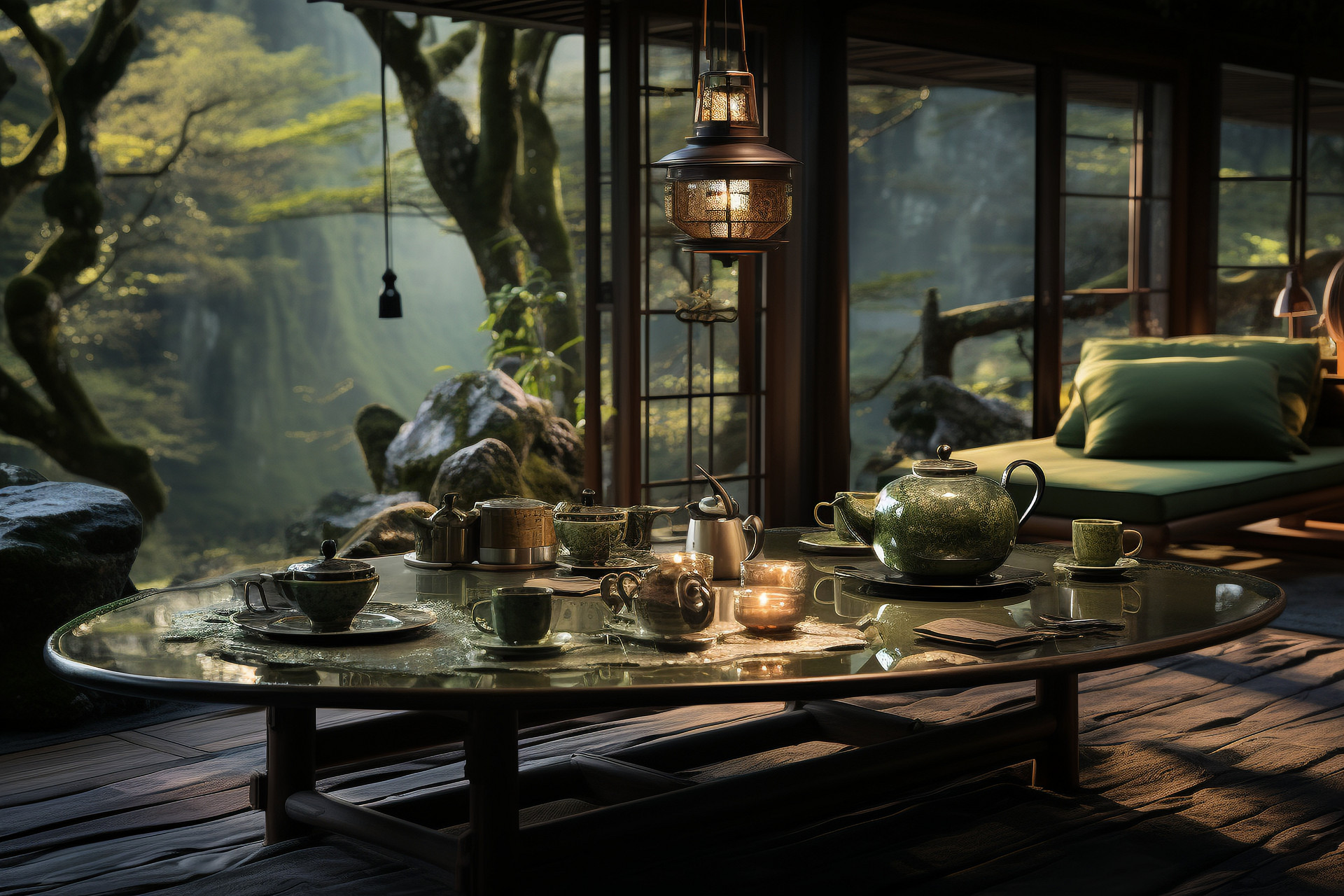

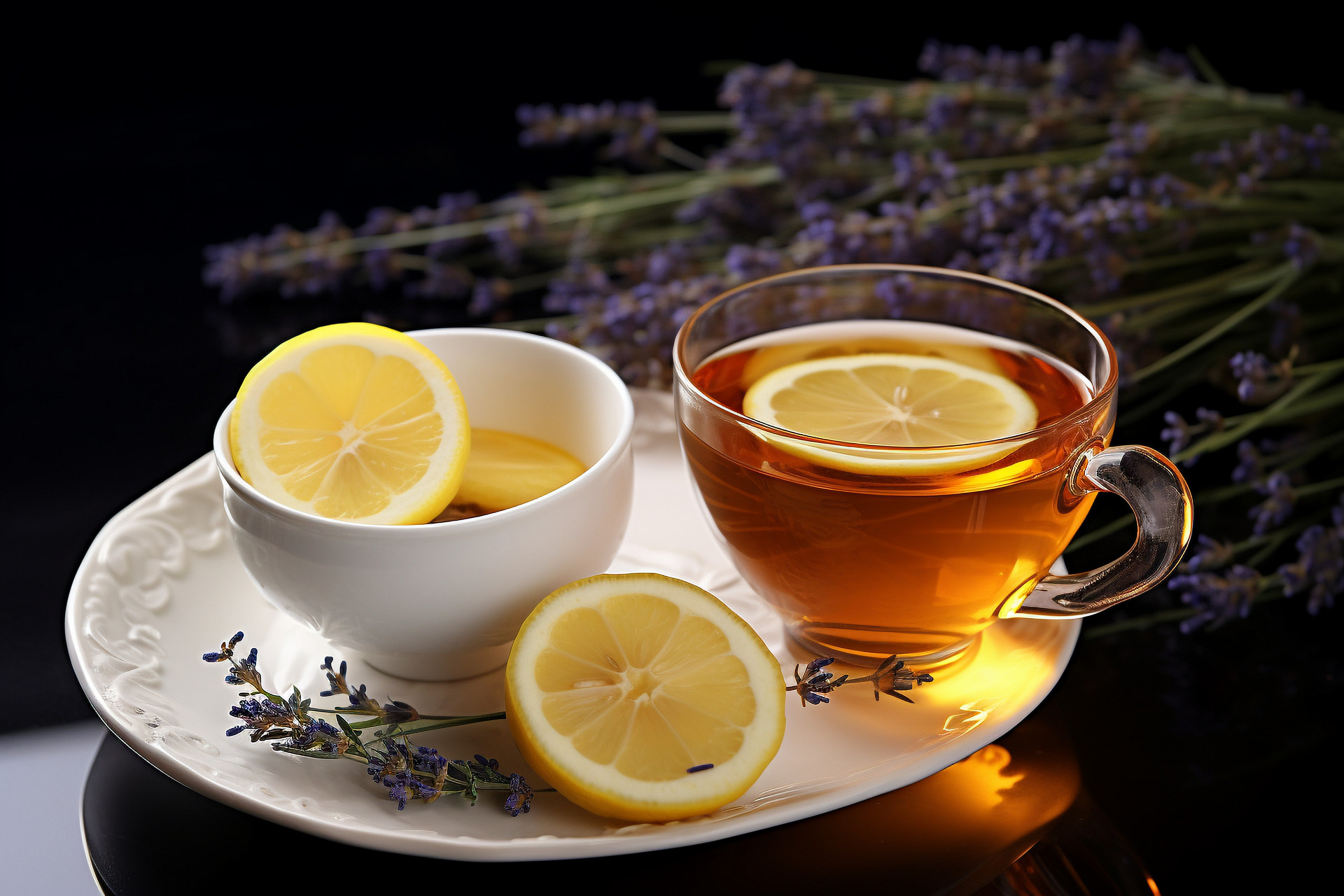
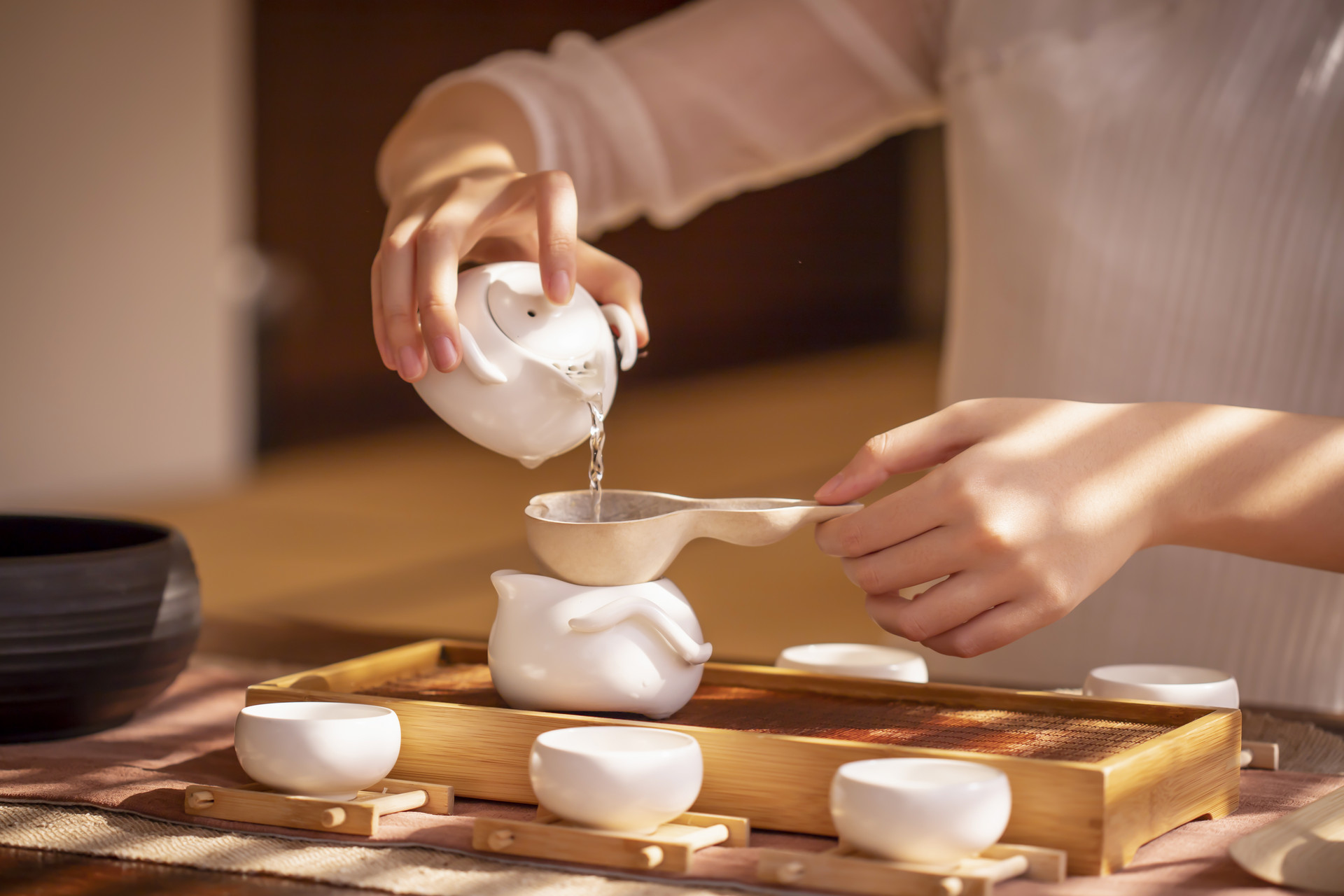
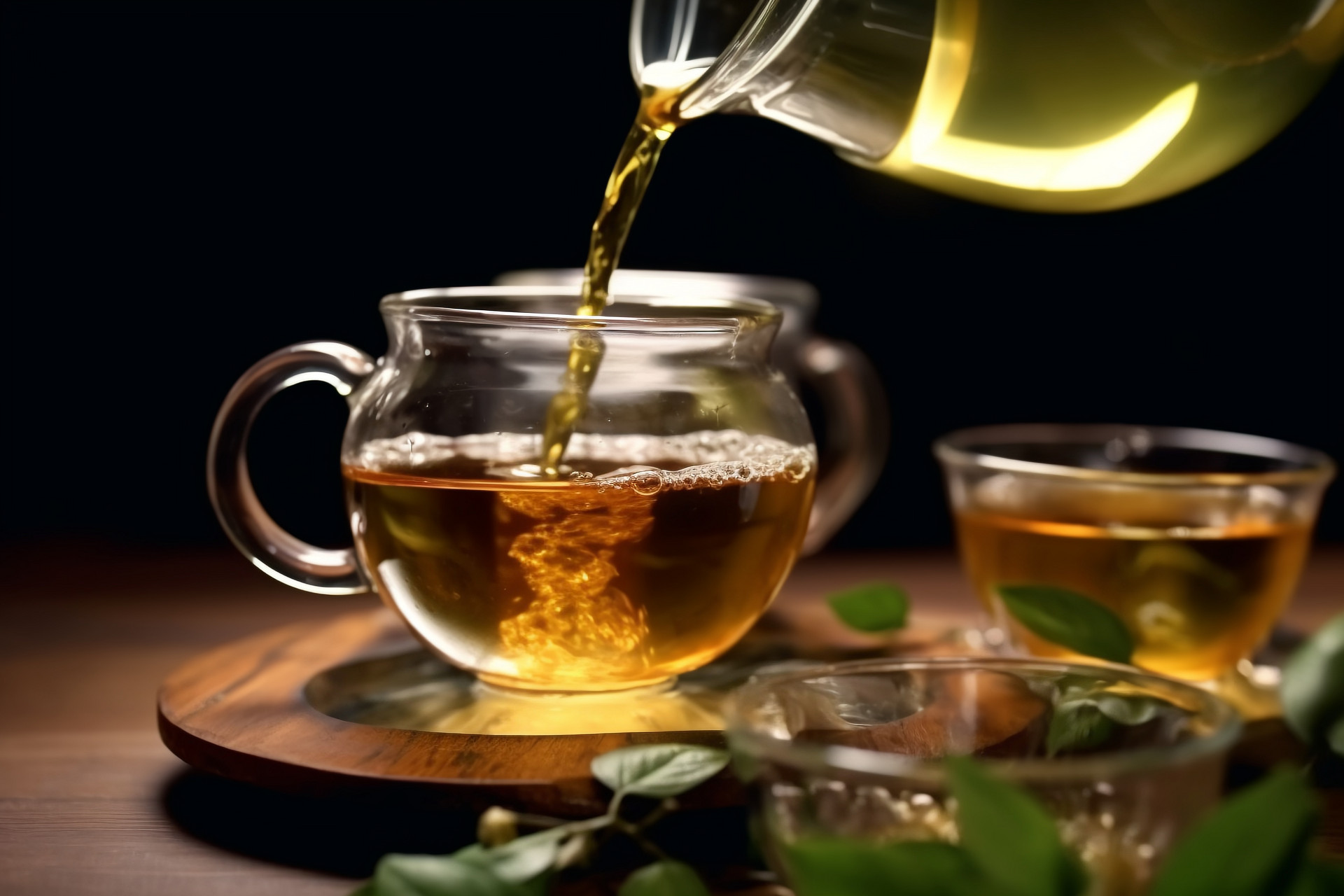

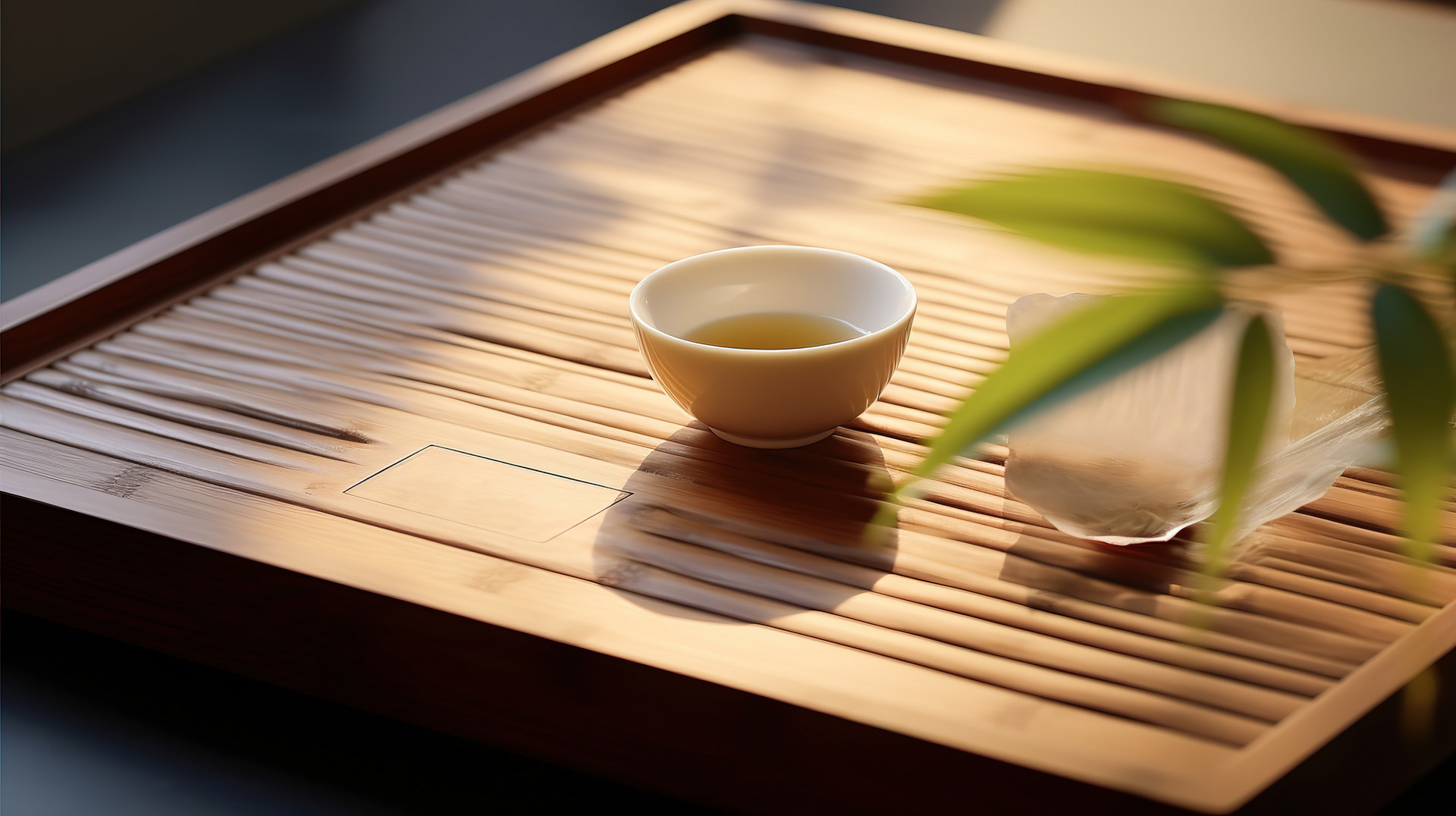
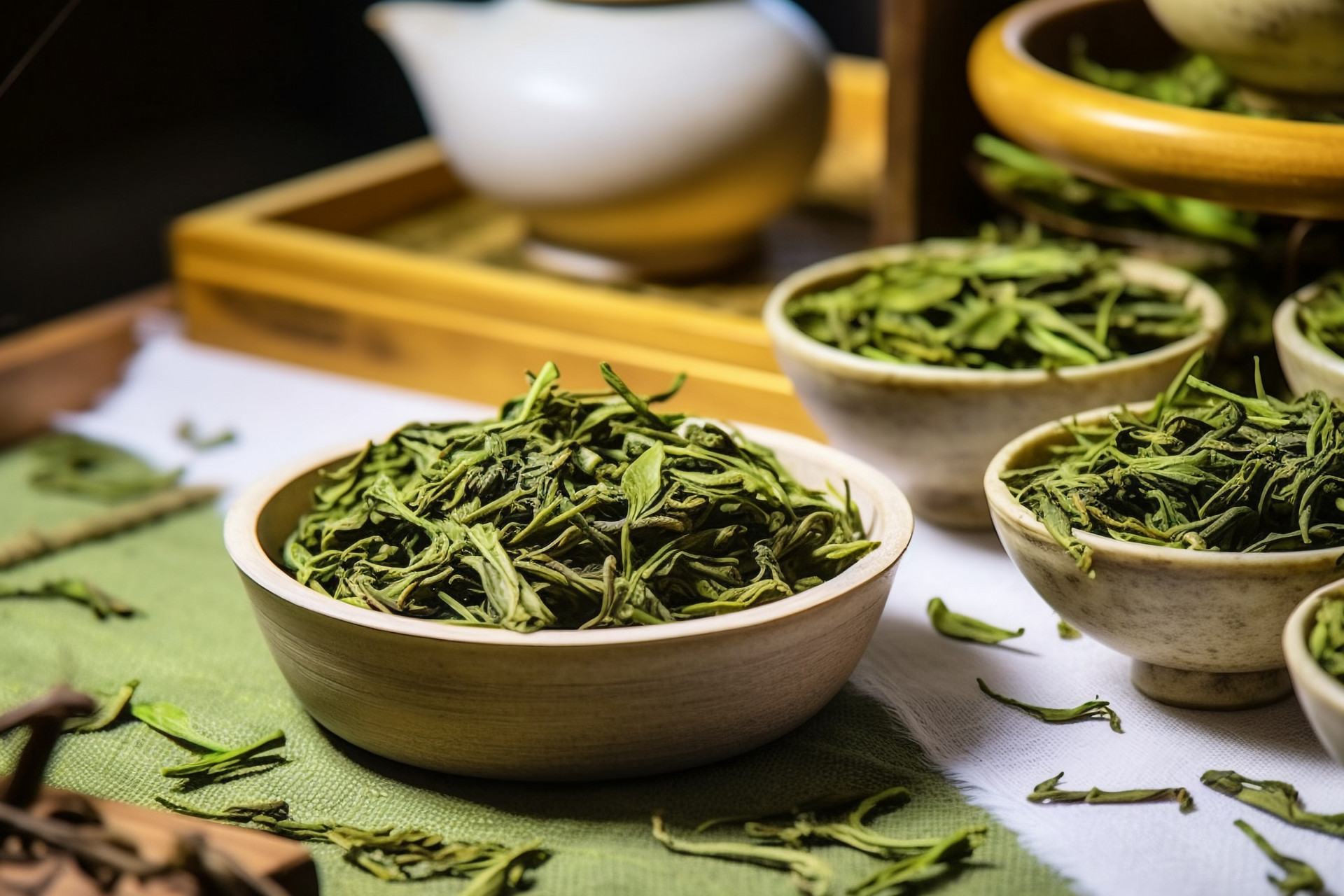
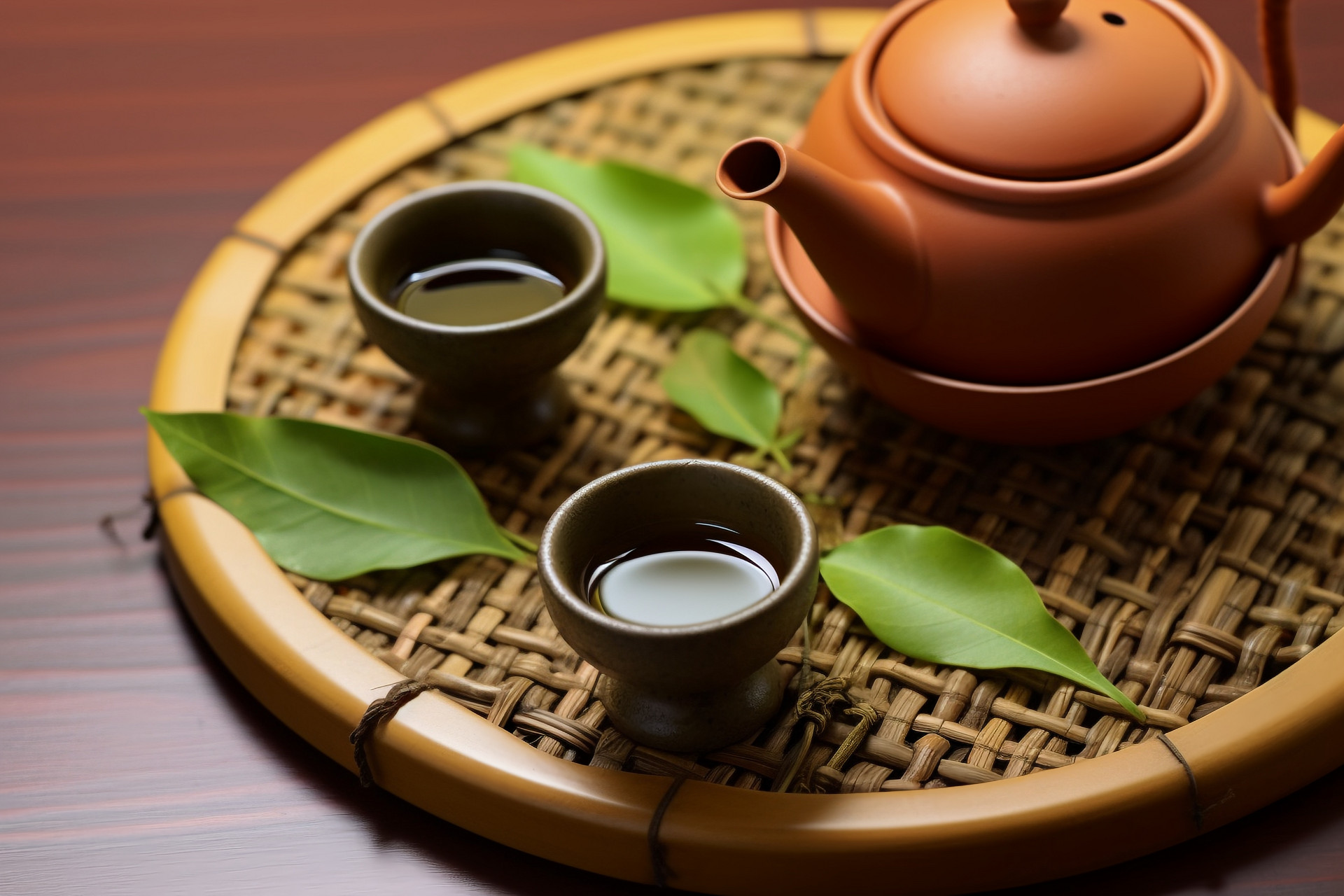
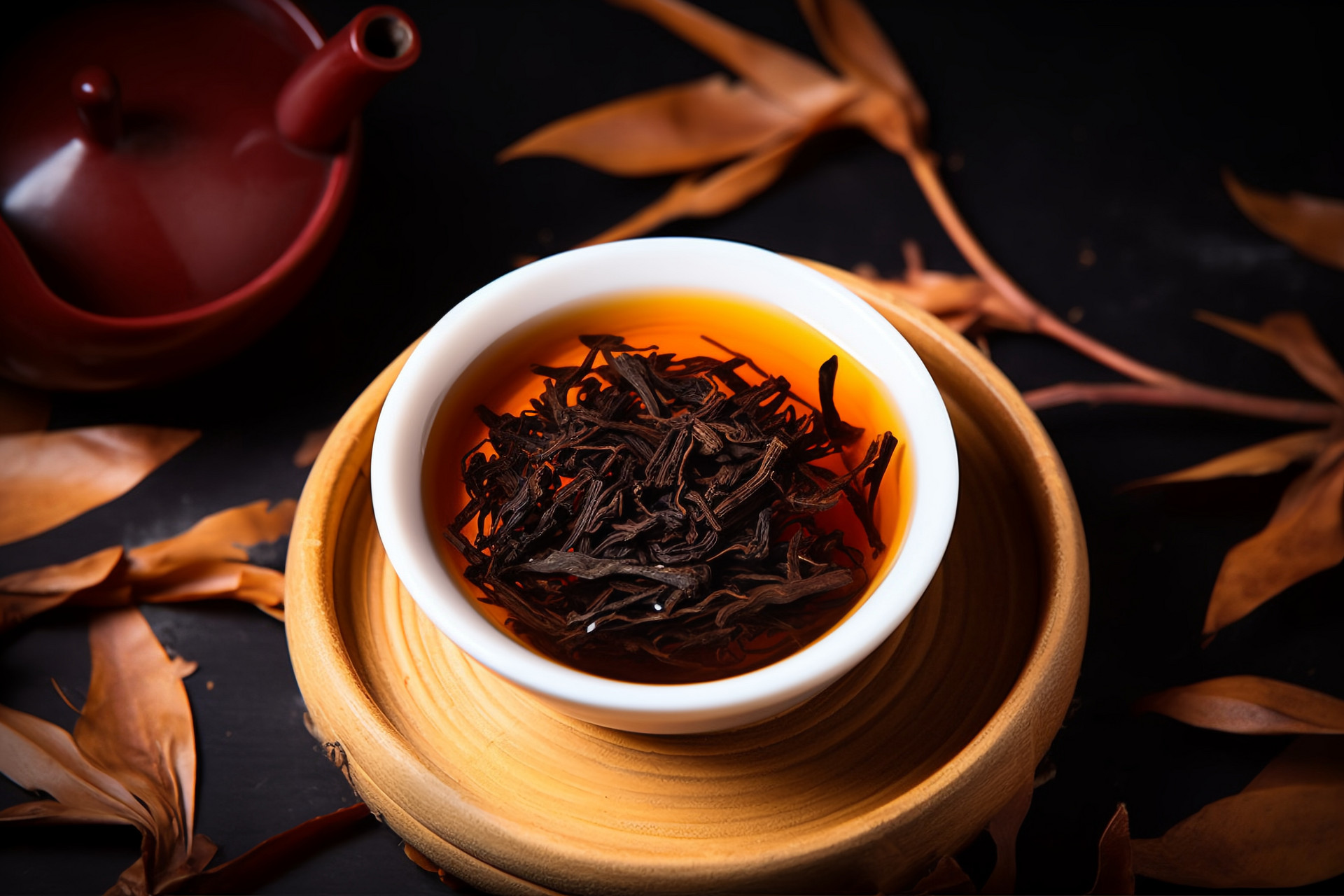
![[Herbal Wine Recipes for Health and Beauty]](https://tcmmaintenance.com/uploads/20240715/7241f6b6eafdaed88c28b26a37213964.jpg)